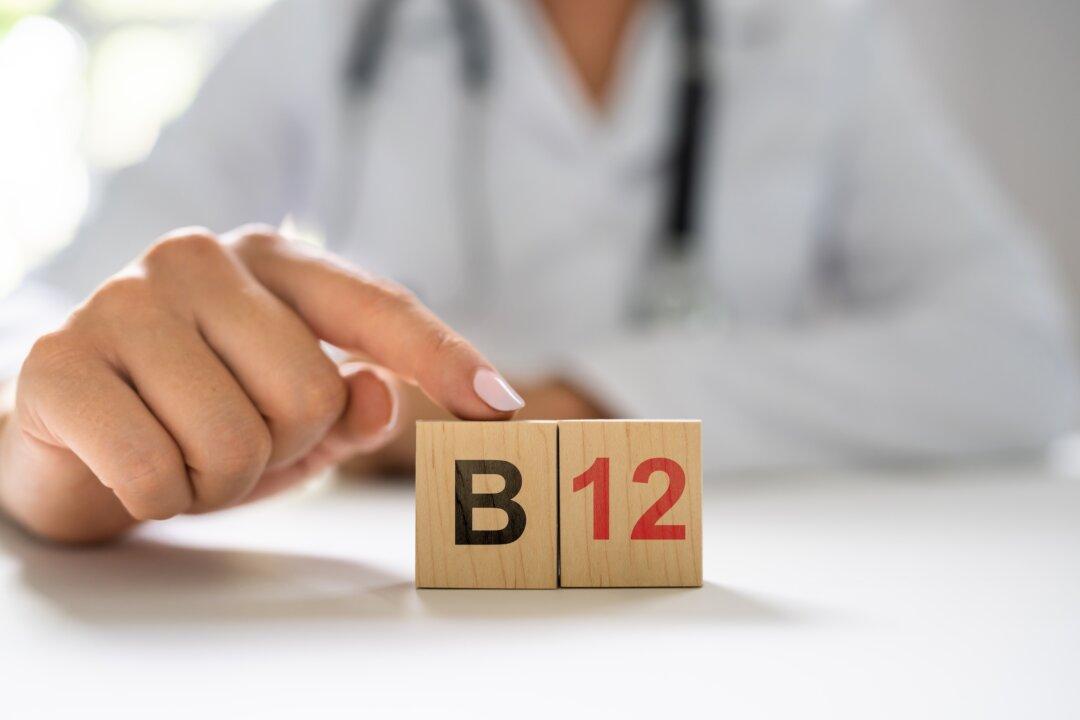What if I told you that the vast majority of the time, taking an antidepressant for depression is like taking a Tylenol for a shard of glass in your foot. Wouldn’t you rather just remove it? You might not even know that removal is an option if you believe that depression is an inherited disease you’re destined to struggle with for life.
Depression (and anxiety and OCD and ADHD…) is a symptom of mismatch, often bodily in nature. Healing the body can be the first and most critical step to reversing the diagnosis and the experience of low moods, hopelessness, irritability, sleep disturbance, brain fog, and fatigue.






